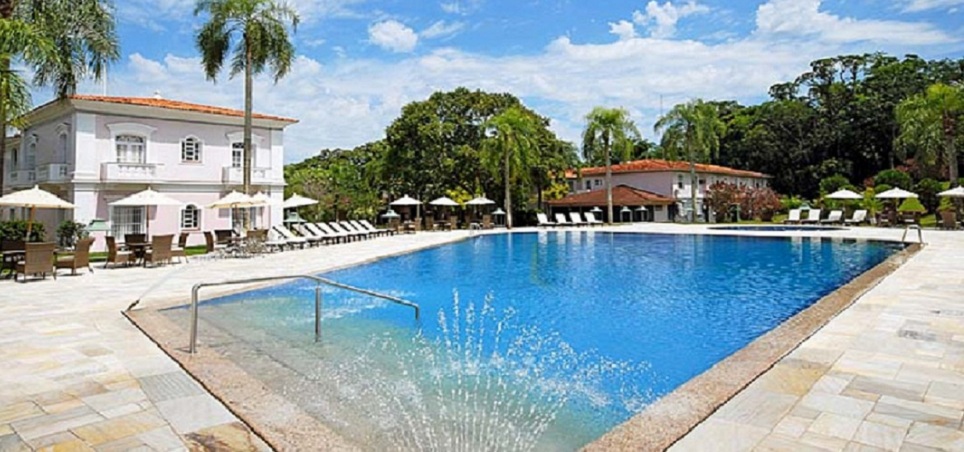Suffering from skin sensitivity or red, itchy eyes should not be a part of your swimming pool experience. If you have dry skin or red eyes after a dip in the swimming pool, you will want to share that with your Memphis, Tennessee swimming pool service provider. Your pool contractor will be able to address that issue and make some changes to keep your pool chemistry in  balance. Chemicals in the pool water are necessary to keep the water clean and free of bacteria but it isn’t necessary for you and your family to have effects from those chemicals because when they’re in proper balance, they work silently in the background keeping the water pure.
balance. Chemicals in the pool water are necessary to keep the water clean and free of bacteria but it isn’t necessary for you and your family to have effects from those chemicals because when they’re in proper balance, they work silently in the background keeping the water pure.
One of the top causes for red eyes and dry, itchy skin is an imbalance in the pool’s pH and alkalinity. Balances that are either too low or too high can lead to the irritation and redness. Making certain your pH and alkaline are in balance is the best way to minimize this issue. Your pool contractor from Advanced Pool Care will address these issues and check the balances, but it may be something you want to learn about from him in case you need to check the water or add chemicals between service visits. A rainfall or having a larger than usual number of swimmers in the pool can lead to the chemicals getting out of balance.
Your pool contractor will test the water during his visits but you may be asked to test them between so you can track the chemical balance levels. Chlorine levels that are too high may also lead to the dry skin and red eyes. Don’t fall for the myth that if you can smell chlorine there is too much chlorine in the water — free chlorine has no scent or odor. The issues arise when free chlorine reacts with waterborne bacteria, ammonia or other waste products and is changed into combined chlorine or chloramines. )Ammonia is released into the water from body waste and sweat. ) Combined chlorine – free chlorine and ammonia — has a strong odor and causes skin irritation and eye redness. There should be no combined chlorine in your pool water. Combined chlorine will prevent the chlorine from doing what it is supposed to and your pool professional is experienced in bringing these levels back in line.
Always test your water for free and total chlorine levels – this is the first step in cleansing your pool of these potential skin irritants. Testing can either be done at home, by you with a good test kit, or you can take a sample to your local pool professional. You will want to add chlorine to bring the free chlorine up to 10 times the combined chlorine; if the combined chlorine is 0.2 PPM, you will add 20 PPM free chlorine. This process is called “breakpoint chlorination” or “superchlorination,” the point where the chloramine bonds break apart.
There are also chemicals made of natural compounds that can be used to keep your water clean and bacteria free and will also address skin sensitivity issues that may arise. Once you determine the correct balances, though it should be as easy as daily maintenance and testing. Everyone into the pool!
Spend time with your pool professional to make certain your pool water is clean and clear and free of bacteria.

